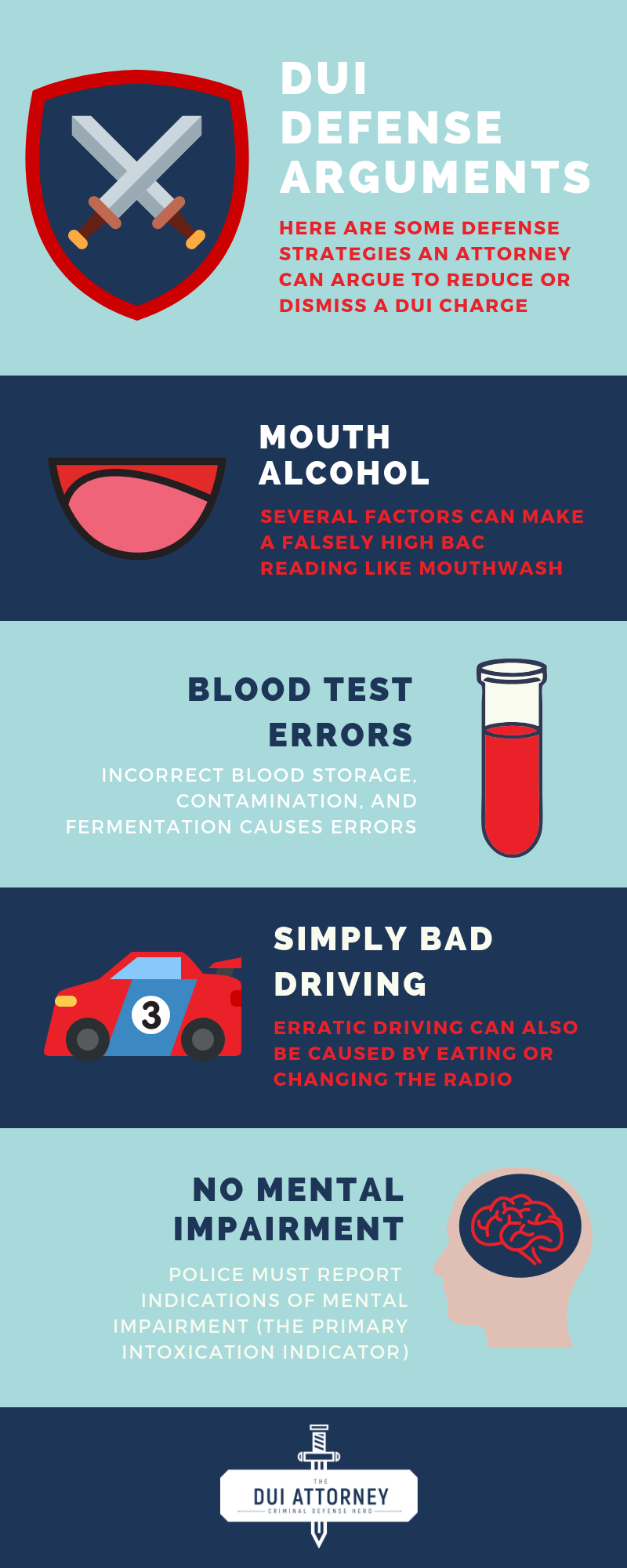
If you are a driver, you’re likely aware of California’s general law against driving under the influence. But just how many DUI charges do you actually know? California’s drug charges are outlined in Vehicle Code 23152. Simply put, if you are found driving and drinking alcoholic beverages, DUI charges may apply. Apart from Alcohol, other drugs can also lead to DUI. The arresting officers just have to prove that your driving capabilities were impaired at the time of the arrest, no matter what you took, and this can also include marijuana. If you know the various DUI charges, you’re already one step ahead towards a successful defense. This article will help highlight types of DUI charges in California and their penalties.
DUI (Alcohol) Charges
Misdemeanor DUI
Most DUI charges in California are classified as misdemeanor offenses. Other factors that affect the type of conviction include a defendant’s criminal history, involvement in accidents, and speed. The penalties for this charge include;
- Up to 1-year suspension of a driver’s license; or
- Up to 6 months Jail time; or
- A maximum fine of 1,500 USD; and
- Up to 30 months of DUI school
Felony DUI
Whether the court will convict a DUI as a felony or misdemeanor depends on the presence of any aggravating factors. Aggravating factors are those situations or incidences which make the case more serious. Such factors include:
- Habitual Offending
Where an offender has three or more previous DUI charges within the past ten years, a new DUI charge will be considered a felony.
- Injury or Death
If the DUI causes injury or death to a victim, the DUI charge automatically becomes a felony.
The Vehicle Code outlines the penalties for a felony DUI as:
- Imprisonment in state prison for a period of 16 months to 16 years; or
- A maximum fine of 5,000 USD; and
- Compensation to any injured parties; and
- Suspension of the motorist’s driver’s license for a period of up to 5 years; and
- A minimum of 18 months in DUI traffic school.
Manslaughter DUI
The prosecution may seek manslaughter charges on a defendant who causes an accident that leads to death due to driving under the influence. If the death is caused as a result of ordinary or gross negligence, then the preferred charge will either be a misdemeanor or felony.
A defendant found guilty of this offense will be liable to:
- A maximum of one-year imprisonment; or
- Suspension of your driver’s license upon conviction
Excessive BAC DUI
When a driver has a blood alcohol concentration (BAC) of 0.15% or higher, they shall be charged with an excessive BAC DUI offense. This sort of offense attracts harsher penalties such as the following:
- Suspension of your license for a minimum of 10 months;
- Jail time;
- Nine months of DUI school
According to the National Drunk Driving Statistics website, most fatal accidents are caused by drunk drivers with a BAC of 0.15% or higher. This attributed to the threshold of an excessive BAC DUI offense being put at 0.15%.
Zero Tolerance Policy & Underage Possession of Alcohol
There is a DUI charge preferred to underage individuals below 21 years of age who are involved in drinking and driving. With underage individuals, provided there exists any detectable alcohol content in their system, their driver’s license can be suspended.
Where it is found that such individual has a blood alcohol concentration of 0.08 percent or higher, she or he will face jail time, DUI school, a minimum fine of $100, and a period of three to five years of DUI probation.
Moreover, it is unlawful for anyone below 21 years of age to possess alcohol in a vehicle. It doesn’t matter if they are a driver or passenger. The only exception to this law is if the individual is acting under the guidance or instructions of a responsible adult. For this kind of offense, the penalties are quite severe and are considered a misdemeanor as opposed to an infraction, as discussed above.
California also has an open container law that provides that it is unlawful for anyone in a vehicle to consume alcohol while the same vehicle is in motion. This applies to the driver and passengers. Any alcoholic beverages must be sealed and placed in the trunk for transport. For purposes of understanding this law, a container is considered open if:
- Any of the contents inside are missing
- The alcohol is in a different casing such as a cup or thermos
- The bottle or can lacks a seal or the same is broken
An offense under this law is categorized as an infraction and is punishable by a maximum fine of $250.
DUI (Marijuana) Charges
As earlier stated, a DUI charge extends to driving under the influence of drugs as well. This is why there will be charges for marijuana abuse as well. Despite the fact that this drug is legal, it is illegal to operate a motor vehicle while high. If THC is detected in your blood while driving, you are guilty of a drug DUI offense. Notably, even when you have a valid medical prescription for marijuana use, driving is still considered criminal while under its influence. Just as DUI charges are preferred against drivers under the influence of other prescription drugs, such as painkillers, marijuana is treated similarly.
A test is carried out when arrested on suspicion of a marijuana DUI. Arresting offices will usually look for signs of impairment like dilated pupils, red eyes, labored breathing, dry “cotton” mouth, the smell of marijuana, and slow reaction time. Apart from these, police will always attempt to get you to do field sobriety tests. Never do field sobriety tests. They are a sure ticket to jail. This article explains why you should never do field sobriety tests.
THC can be detected through a special marijuana breathalyzer, blood or urine sample tests. If any amount of THC is found in your system, you are guilty of a DUI offense. This is why regular marijuana users must take caution to avoid marijuana DUI charges. This is because even when sober, it is very likely that the test will detect some THC levels due to regular use. The good news is this could also be grounds for challenging the DUI charges based on these tests.
The penalties for a Marijuana DUI include:
- Suspension of a driver’s license;
- A minimum jail sentence of 2 days;
- DUI school; and
- A minimum fine of approximately $1,800
DUI charges can be a black stain in your life that carries numerous consequences. As experts in DUI criminal defense, Criminal Defense Heroes, P.C. will ensure that you receive the best legal representation for your DUI case and a favorable outcome. For more information on potential DWI defense, check out our article Making it through your DUI Unscathed & Defense Arguments. If you are considering representing yourself in your California DUI case, read out aricle Can You Beat a California DUI on Your Own Using Your Own Evidence? Click our link you’d like to recieve a free PDF download of our book DUI Charge, Now What? Need to know how to hire a great DUI Attorney? Read our articleWhat Makes a Great DUI Attorney. For immediate help, call us at (323) 529-3660.











